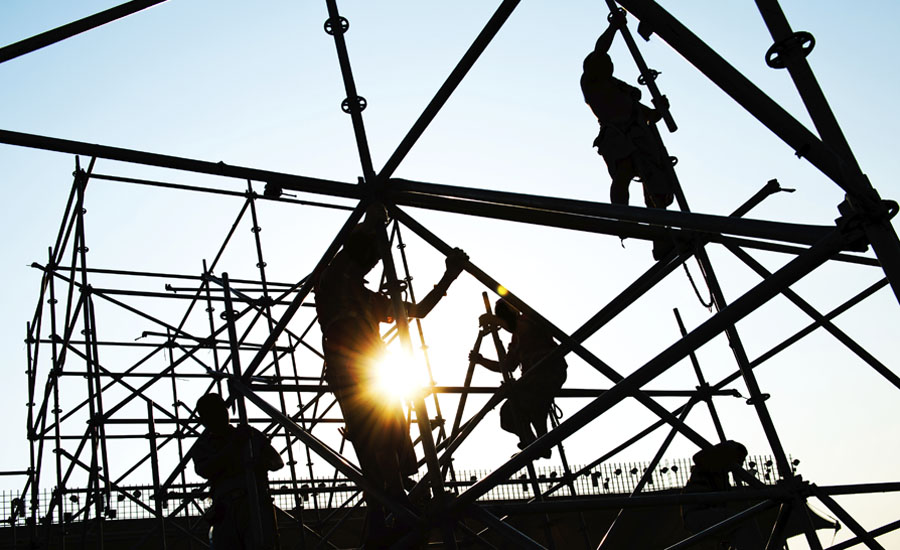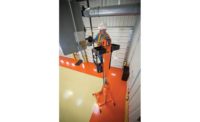Aerial work remains dangerous

Despite advances in safety for construction workers across a variety of settings, those who must use elevating work platforms (MEWPs) and aerial work platforms (AWPs) to perform their job duties remain at risk.
According to the International Powered Access Federation (IPAF), 68 workers died in 2015 while operating or working on a MEWP. Most of the reported fatalities resulted from falls, electrocution, entrapment, and overturned platforms. The results are calculated on a worldwide basis, based on self-reporting from manufacturers, rental companies, contractors, and individual MEWP and AWP users.
Although MEWP-related accidents have one of the lowest rates of fatal injuries per number of MEWP rental days, the number of deaths attributable to MEWPs can still be reduced when construction site managers take the proper precautions. Daily inspections of MEWP and AWPs must take place, and all workers who will use a MEWP or AWP must receive safety training. Additionally, it is imperative that construction workers utilize safety harnesses, hard hats, and other equipment that will guard against injury in the event of a construction accident.
Four more construction workers were killed on MEWPs and AWPs in 2015 than in 2014. However, according to the IPAF, the number of MEWPs which were rented rose sharply over the same time period. In 2014, 182.4 million daily rentals of a MEWP took place, while 192.2 million daily rentals of MEWPs took place in 2015. The fatal injury rate per-MEWP rented remained unchanged, at 0.035.
The IPAF also maintains that use of MEWPs and AWPs is still preferable to temporary elevation measures such as scaffolding because fatal falls from heights not involving a MEWP or AWP occur far more frequently. To that end, according to the IPAF, 0.4 of every 100,000 workers fatally injured on the job in 2015 died after falling from an elevation. The statistic excludes accidents which were later attributed to a MEWP or AWP.
Although the use of a MEWP or AWP may lessen the likelihood of sustaining a serious injury from a fall, MEWPs and AWPs are far from accident-proof.
Source: Richard D. DiTomaso , DiTomaso Law, Philadelphia Construction Accident Lawyers
Looking for a reprint of this article?
From high-res PDFs to custom plaques, order your copy today!





